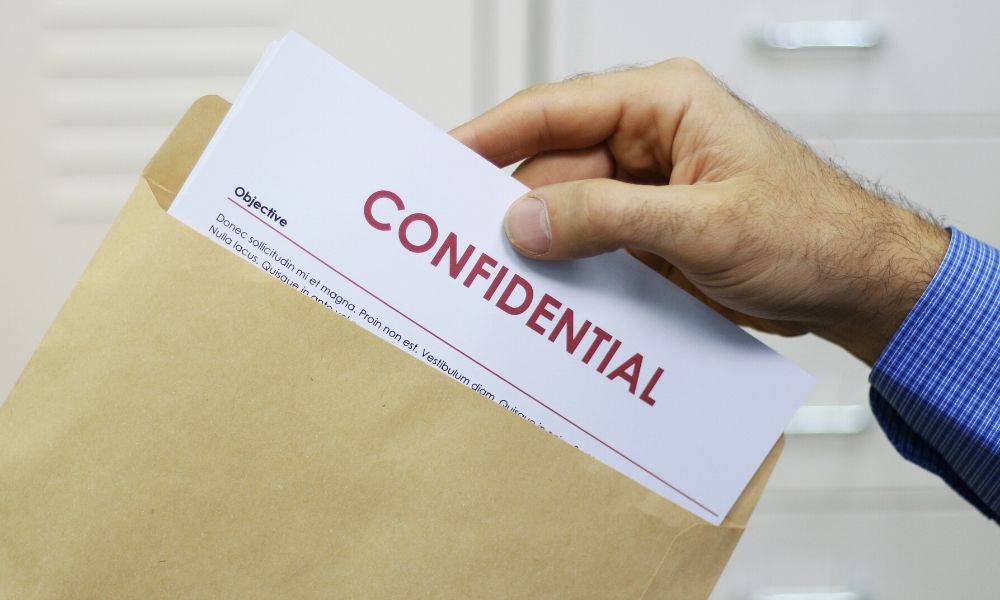Your business is privy to a lot of sensitive information about your customers, your employees, and yourself. You have a responsibility to protect that information and keep it secure. Not doing so could lead to having a data breach, which could in turn lead to lawsuits and punishment under the law. That could be damaging to your business’s reputation and can result in a loss of business. Use these tips for handling confidential documents at your firm to keep your business safe.
Control Access
You should limit who has access to documents, whether it’s digital or hard copies. Digital copies are easier to encrypt and hide behind passwords and firewalls. Hard copies should be kept in secure, lockable cabinets within lockable rooms. When using passwords, make sure they are secure and changed regularly. Use a random password generator to make sure they are difficult to crack.
Have Secure Shredders and Bins
Document digitization companies are prominent at converting hard copies everywhere, but there are still businesses that rely on paper. For those, they should have a dedicated and secure paper shredder and trash bins. When a sensitive document is shredded it should be removed immediately, secured in a trash bag, and sent out the dumpster on pickup day. By doing so, you can limit the amount of exposure the shredded document has.
Secure Delivery
Storing confidential papers on the premises is one thing, but if they need to be delivered, you should make sure to use a trusted courier. If that isn’t possible, then send them with a trusted employee. Sending digital documents directly via email is fairly safe, but the document should be encrypted for maximum security if using a file-sharing program.
Train the Employees
Employees are the biggest security risk for sensitive information. This isn’t because they have ill intentions and are selling trade secrets, but more so because they just don’t know or are careless. Any training should include the definition of confidential documents and a list of who is allowed access to them. Show them some practical applications for handling confidential documents and how to secure them.
Digitization is the Key
Securing digital information is far easier than paper. Digital files can be protected by encryption and passwords, and it’s possible to limit access to the files. Paper documents are susceptible to fire, water, and age, a problem that digital information doesn’t share. Going paperless is the best way to secure confidential information for any company.

